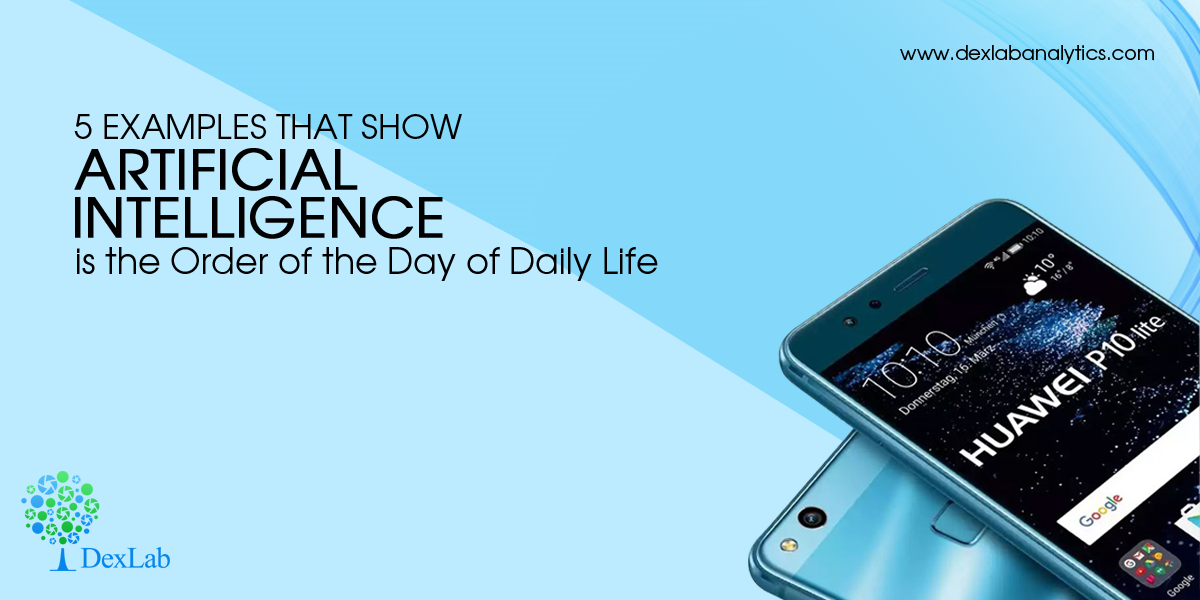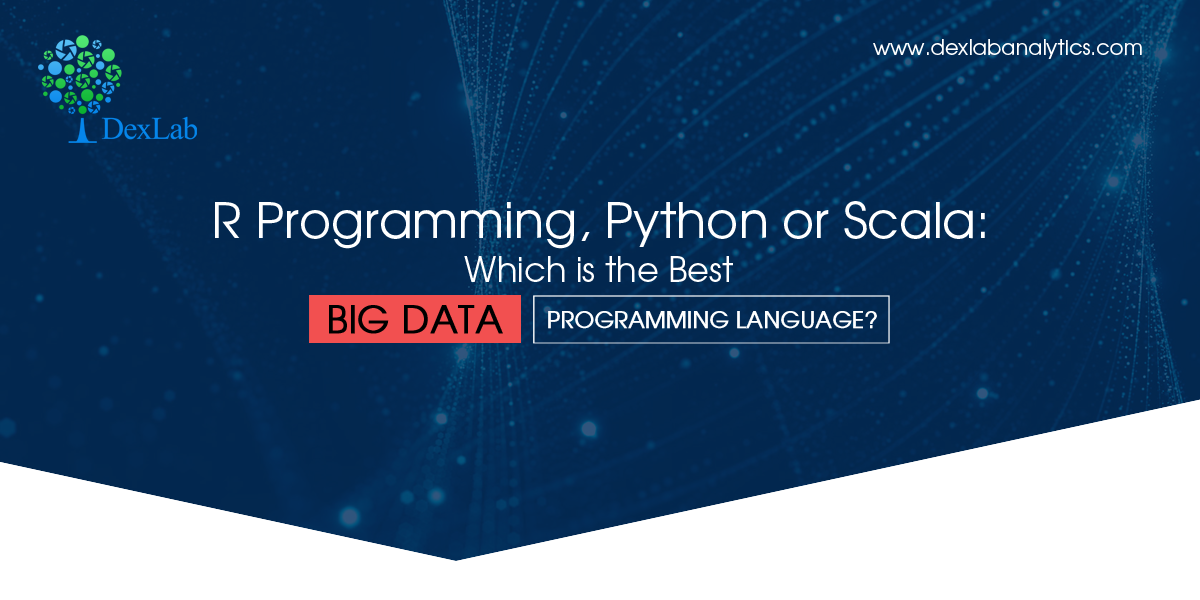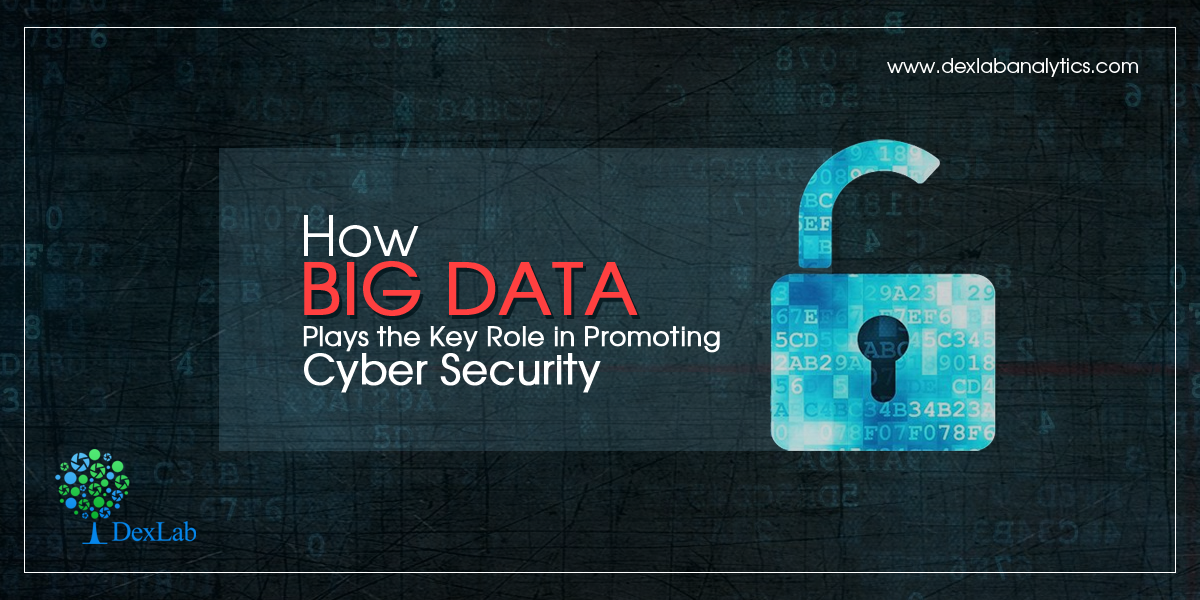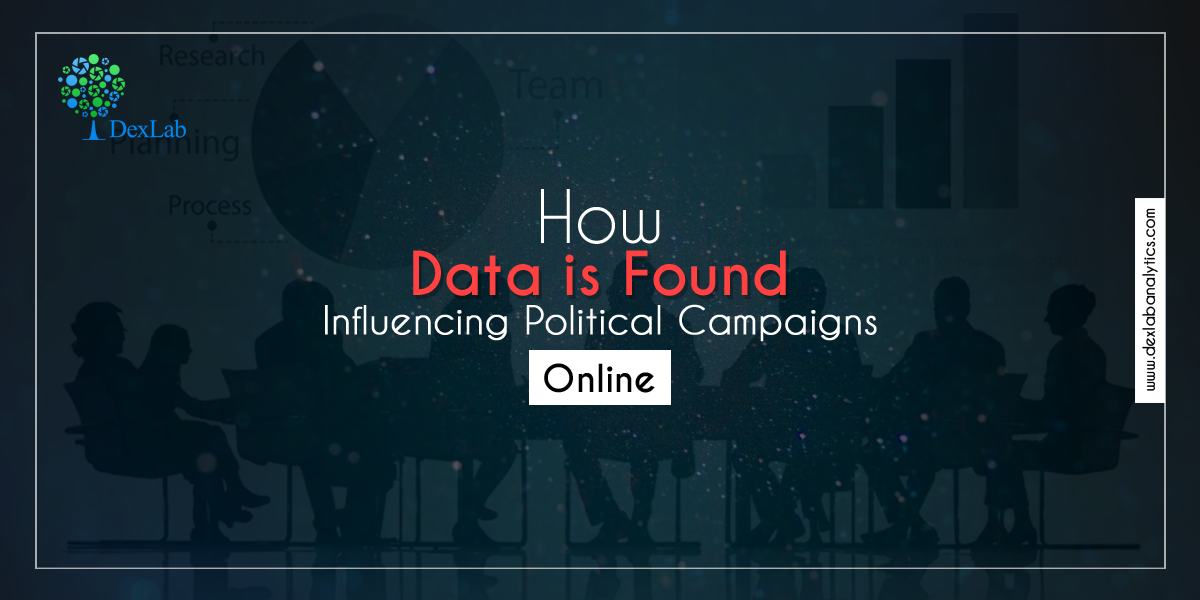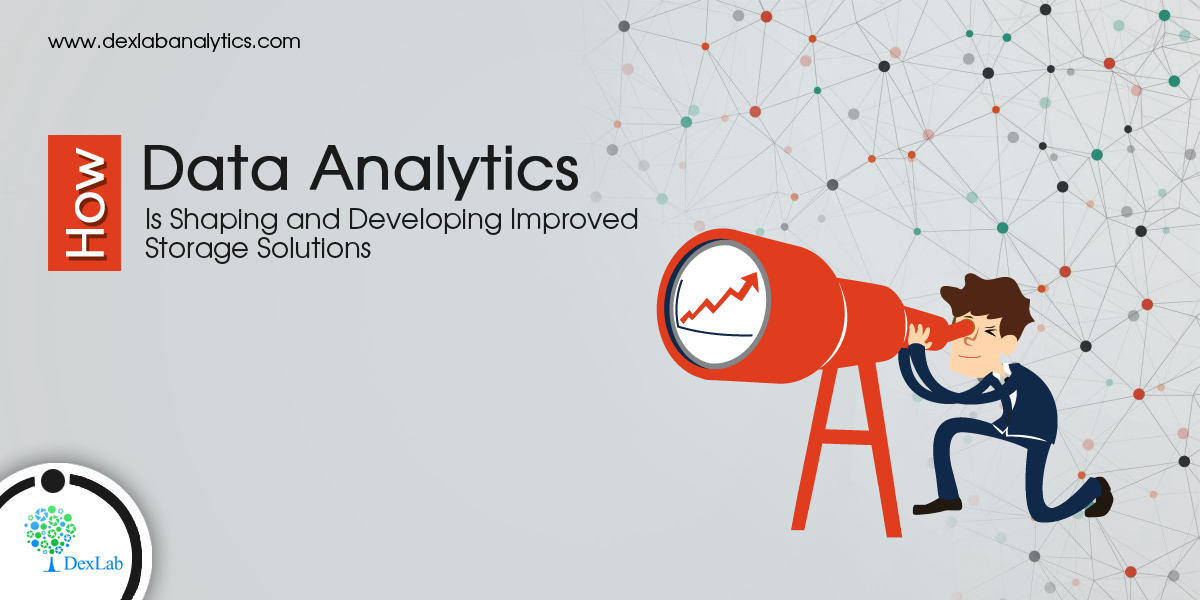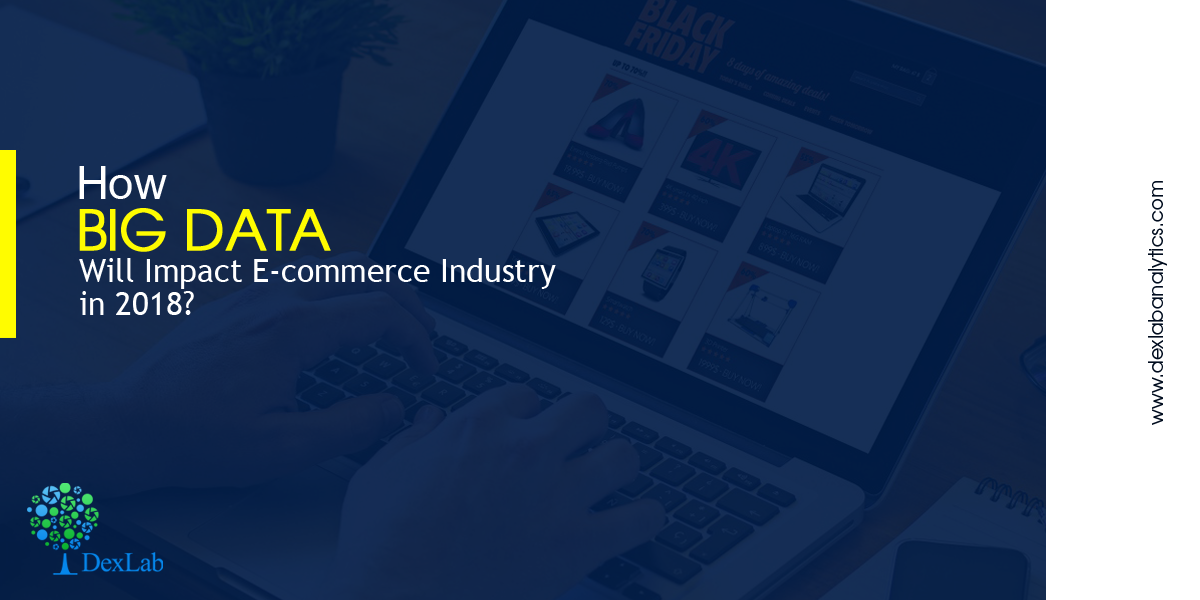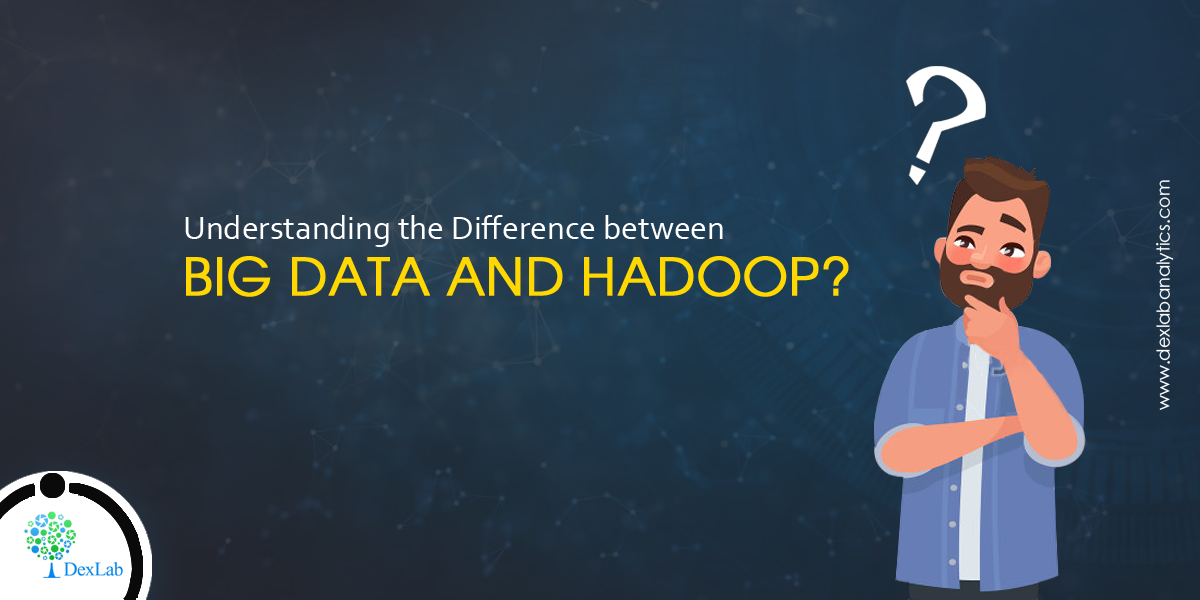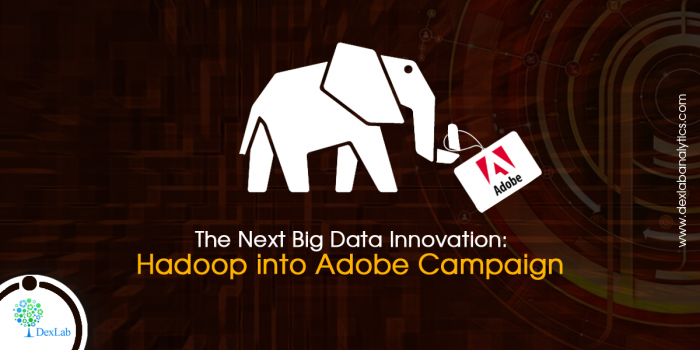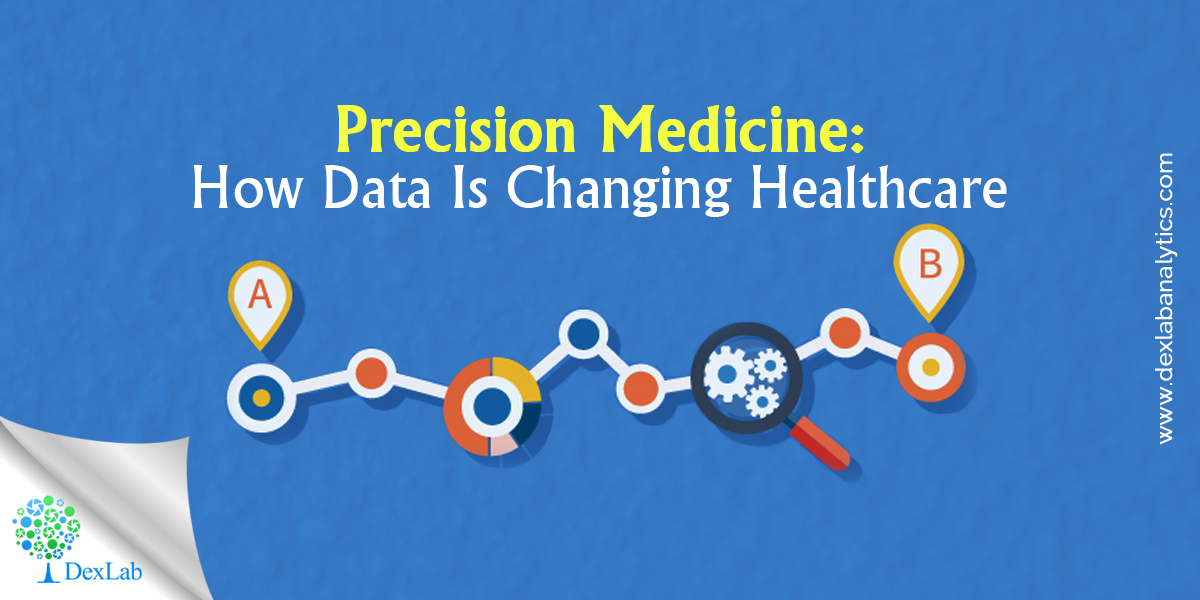Artificial Intelligence is no more an elusive notion from science fiction; in fact, it’s very much in use in everyday life. Whether you realize it or not, the influence of AI has grown manifold, and is likely to increase further in the coming years.
Here are a few examples of AI devices that lead you to a brighter future. Let’s have a look:
Virtual Personal Assistants
The world around you is full of smart digital personal assistants – Google Now, Siri and Cortana though available on numerous platforms, such as Android, Ios and Windows Mobile strives to seek meaningful information for you, once you ask for it using your voice.
In these apps, AI is the power giver. With the help of AI, they accumulate information and utilize that data to better understand your speech and provide you with favorable results that are tailor-made just for you.
Smart cars
Do you fantasize about reading your favorite novel, while driving to office? Soon, it might be the reality! Google’s self-driving car project and Tesla “autopilot” characteristic are two latest innovations that have been stealing the limelight lately. In the beginning of this year, there was a report that, Google developed an algorithm that could potentially allow self-driving cars learn the basics of driving just like humans, i.e. through experience.
Fraud detection
Have you ever found mails asking if you have made any particular transaction using your credit card? Several banks send these kinds of emails to their customers to verify if they have purchased the same to avoid frauds being committed on your account. Artificial Intelligence is employed to check this sort of fraud.
Like humans, computers are also trained to identify fraudulent transactions based on the signs and indications a sample shows about a purchase.
Buying pattern prediction
Distinguished retailers, like Amazon do make a lot of money, as they anticipate the buyer’s needs beforehand. Their anticipatory shipping project sends you products even before you ask for them, saving you from the last-minute online shopping. If not online retailers, brick-and-mortar retailers also use the same concept to offer coupons; the kind of coupons distributed to the shoppers is decided by a predictive analytics algorithm.
Video games
Video games are one of the first consumers of AI, since the launch of the very first video games. However, over the years, the effectiveness and intricacies of AI has doubled, or even tripled, making video games more exciting, graphically and play wise. The characters have become more complex, and the nature of game-play now includes a number of objectives.
No matter, video games are framed on simple platforms, but as industry demand is burgeoning at an accelerating pace, a huge amount of money and effort are going into improving AI capabilities to make games more entertaining and downright exciting!
Fact: Artificial Intelligence is serving millions of people on earth today. Right from your smartphone to your bank account, car and even house, AI is everywhere. And it is indeed making a huge difference to all our lives.
To gain more knowledge on AI, enroll in Big Data Certification Gurgaon by DexLab Analytics. Their big data and data analytics training is of high quality and student-friendly. The prices of the course are also fairly convenient.
The blog has been sourced from – https://beebom.com/examples-of-artificial-intelligence
Interested in a career in Data Analyst?
To learn more about Machine Learning Using Python and Spark – click here.
To learn more about Data Analyst with Advanced excel course – click here.
To learn more about Data Analyst with SAS Course – click here.
To learn more about Data Analyst with R Course – click here.
To learn more about Big Data Course – click here.
